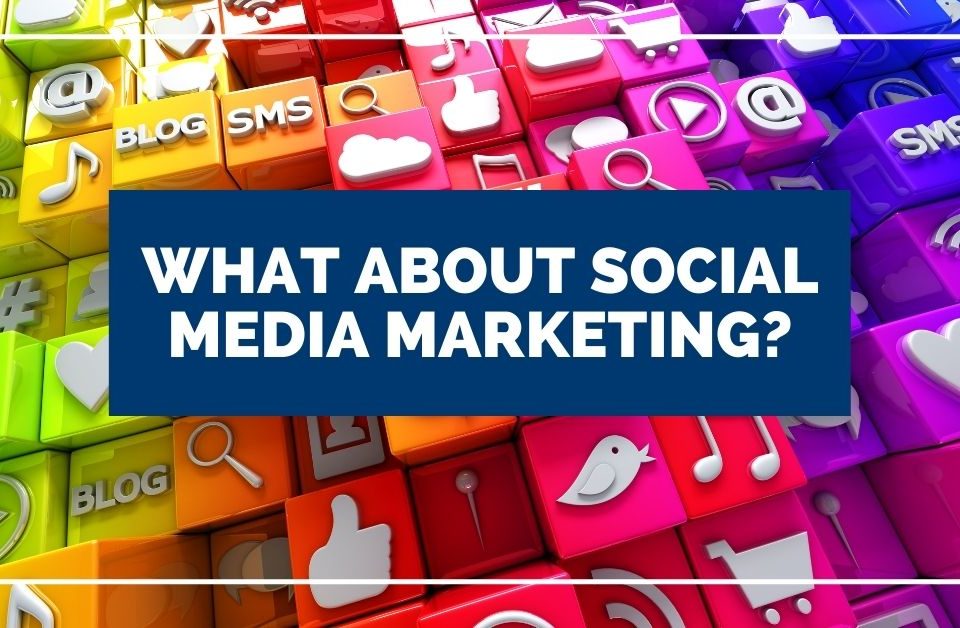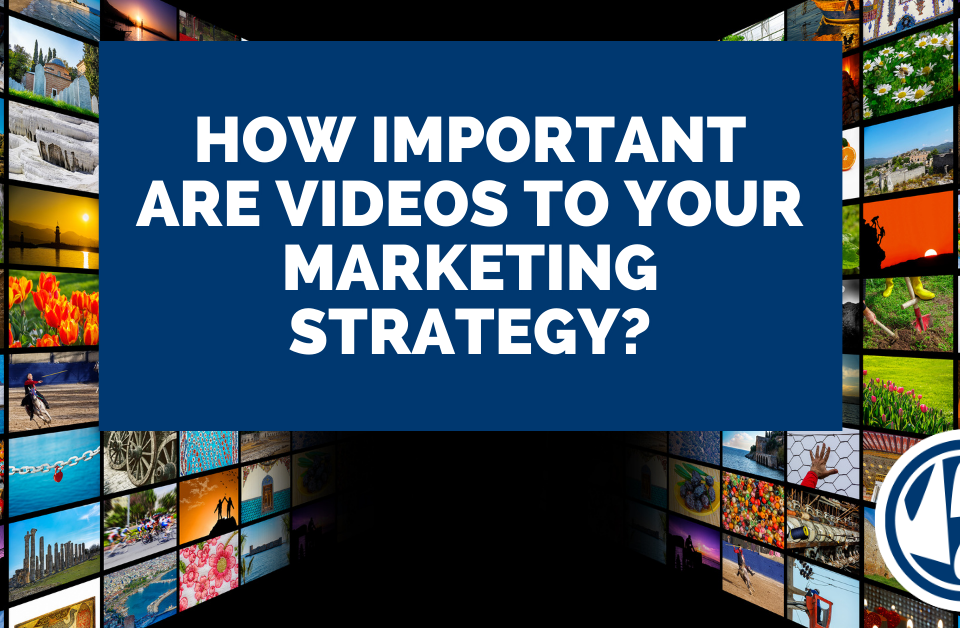
Tier 3 Automotive Strategies: Leveraging AI for Maximum Impact
May 22, 2025Artificial intelligence is revolutionizing digital marketing strategies in the automotive industry. AI-powered tools are enhancing customer targeting, personalizing experiences, and optimizing advertising campaigns to boost auto sales in unprecedented ways.
Key Takeaways:
- AI enables hyper-personalized marketing for car buyers
- Chatbots and virtual assistants improve customer engagement and support
- Predictive analytics help dealerships forecast sales trends
- AI-driven content creation streamlines marketing campaigns
- Machine learning optimizes ad targeting and budget allocation
Transforming Customer Targeting with AI
AI is reshaping how auto dealerships and manufacturers target potential customers. By analyzing vast amounts of data, including browsing history, social media activity, and past purchases, AI algorithms can identify high-value prospects with remarkable accuracy. This targeted approach allows marketers to focus their efforts on individuals most likely to make a purchase, significantly improving conversion rates.
Additionally, AI-powered tools can segment customers based on their preferences, behavior, and stage in the buying journey. This segmentation enables dealerships to create tailored marketing messages that resonate with specific groups, increasing the effectiveness of their campaigns and ultimately driving more sales.

Enhancing Customer Experience with AI-Powered Personalization
Personalization is key in today’s competitive auto market, and AI is at the forefront of this trend. By leveraging machine learning algorithms, dealerships can offer customized experiences to each potential buyer. This personalization extends to various touchpoints, including:
- Website recommendations
- Email marketing content
- Social media ads
- In-store interactions
For example, AI can analyze a customer’s browsing history on a dealership’s website and suggest vehicles that match their preferences. This level of personalization not only improves the customer experience but also increases the likelihood of a sale.
Optimizing Ad Campaigns with AI
AI is transforming how auto dealerships manage their advertising campaigns. Machine learning algorithms can analyze performance data in real-time, making adjustments to improve ad effectiveness and maximize return on investment. This includes:
- Optimizing ad placements
- Adjusting bid strategies
- Refining target audiences
- A/B testing ad creative
By continuously learning and adapting, AI-driven ad campaigns can achieve better results than traditional methods, leading to increased visibility and sales for auto dealerships.
Leveraging Chatbots and Virtual Assistants
AI-powered chatbots and virtual assistants are becoming increasingly popular in the auto industry. These tools can provide instant customer support, answer frequently asked questions, and even schedule test drives. By offering 24/7 availability, chatbots improve customer engagement and can significantly reduce the workload on human sales teams.
Moreover, advanced AI assistants can guide customers through the car-buying process, offering personalized recommendations based on their preferences and budget. This seamless interaction can help nurture leads and move customers further down the sales funnel.
Predictive Analytics for Sales Forecasting
AI’s predictive capabilities are proving invaluable for auto dealerships in forecasting sales trends. By analyzing historical data, market conditions, and consumer behavior, AI algorithms can provide accurate sales predictions. This insight allows dealerships to:
- Optimize inventory management
- Plan marketing campaigns more effectively
- Allocate resources efficiently
- Identify potential market opportunities
With these predictions, dealerships can make data-driven decisions that improve their bottom line and stay ahead of market trends.
AI-Driven Content Creation
Creating engaging content is crucial for auto marketing, and AI is making this process more efficient. AI-powered tools can generate compelling ad copy, product descriptions, and even blog posts. While human creativity is still essential, AI can help streamline the content creation process, allowing marketers to produce more content in less time.
Furthermore, AI can analyze the performance of different content pieces and provide insights on what resonates best with the audience. This data-driven approach helps refine marketing strategies and improve overall campaign effectiveness.
Conclusion
The integration of AI in digital marketing strategies is transforming the auto sales landscape. From hyper-personalized targeting to predictive analytics and AI-driven content creation, these technologies are providing dealerships with powerful tools to enhance their marketing efforts and drive sales. As AI continues to evolve, its role in auto sales is likely to become even more significant, offering exciting opportunities for dealerships to connect with customers and stay competitive in the digital age.
Sources:





